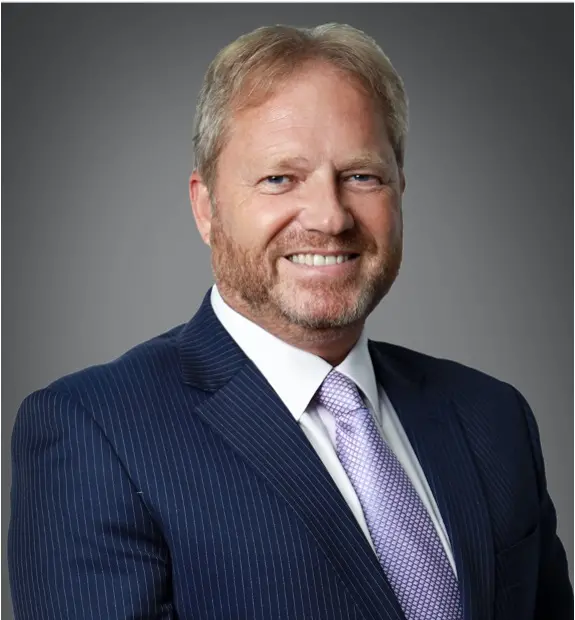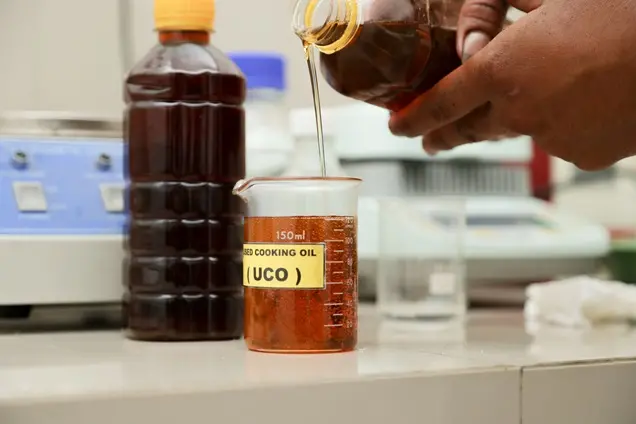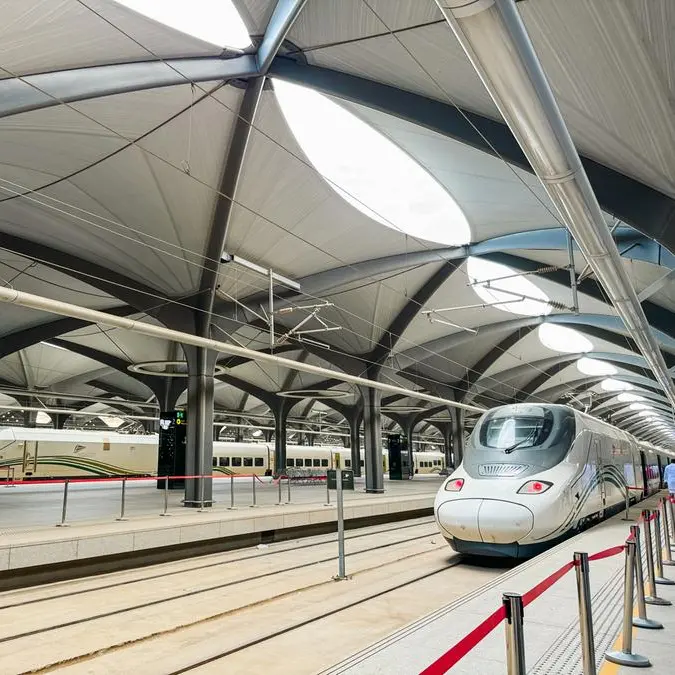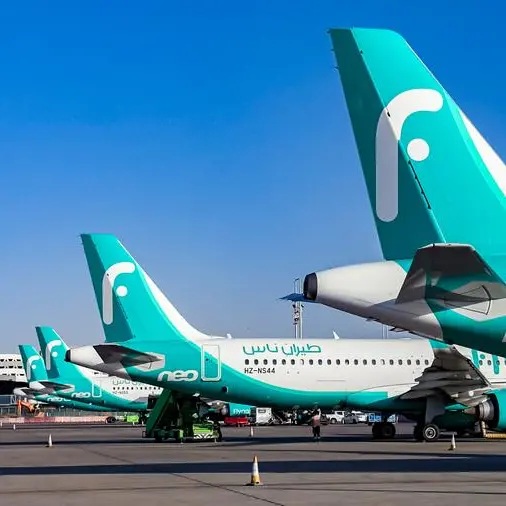PHOTO
The Biofuel Company, Saudi Arabia’s first and only biofuel producer, is on course to triple its refining capacity by 2025, the company’s top executive said.
Gary Hubbard, SVP Commercial & Operations told Zawya Projects that the ongoing capacity expansion at Jeddah and Riyadh will take the company’s total Used Cooking Oil (UCO) refining capacity to 36 million litres per annum by 2025.
Since starting operations in November 2022, the company undertook three capacity expansions to meet increasing demand. The existing site in Jubail, which is the Gulf’s largest biofuel refinery, refines 12 million litres of B100 [100 percent biofuel] per annum.
“Our intention is to replicate the successful footprint of Jubail in future deployments. The current plan is that Jeddah will be on stream in 2024 and Riyadh in 2025, each refining 12 million litres of B100 annually,” said Hubbard.
The company is presently concentrating on the domestic market and has no ambitions to expand internationally or export biofuel.
“Our sole aim is to support Saudi Vision 2030 and help Saudi Arabia achieve its Greenhouse Gas (GHG) emissions reduction targets,” said Hubbard, adding that growth must be sustainable – operationally, environmentally, and financially – and deliver in-country value.


Markets
Hubbard said the target markets include giga projects, off-grid power generation, logistics fleets and live events.
The maritime sector is expected to drive strong growth as stricter IMO emission standards are adopted.
Hubbard continued: “The use of biofuel in short sea and long haul shipping is well proven and many countries have already introduced significant financial penalties to shipping entities not using green low sulphur fuels. As the Kingdom strives to be a regional logistics supply hub, offering blended maritime biodiesels at all of our bunkering hubs/ports is key to delivering this.”
Switching to biofuel for inner-city transport would significantly reduce emissions and improve public health, he noted.
He also added that the company has no plans to utilise alternative feedstocks as the current UCO market adequately supports its capacity.
Regulations
Biofuel industry regulations in the GCC are still evolving, with each country at a different stage, according to Hubbard.
He said the best way to deal with UCO, which tends to clog and damage urban drainage infrastructure, is to convert it to biofuel.
In most cases, UCO is illicitly repurposed and sold for human consumption posing health hazards, or exported to Europe or Asia to meet their biodiesel mandates.
“According to the terms of the Basel Climate Change agreement, when a country has the ability to reprocess its own waste into energy, as we do with UCO in Saudi, then they must,” noted Hubbard.
He stated that although Saudi Arabia currently has no ban or tax on the export of UCO, the government is reviewing this policy. Additionally, some of the Royal Commissions, such as those for Jubail and Yanbu, have already mandated that UCO within their jurisdictions be converted into biodiesel to support Vision 2030.
In the wider region, the UAE recently announced an export tax of $150 per MT on all UCO destined for overseas markets.
“We are hopeful that the Kingdom’s approach will still be more draconian to completely stop the export of one of our natural resources,” he said.
Hubbard also confirmed that the Kingdom is yet to mandate blending biodiesel with fossil diesel although discussions are ongoing at the governmental level.
He proposed that establishing transparency, governance, and mandates for the UCO waste stream within the Kingdom would be a beneficial strategy to lower the cost of biodiesel.
“With no financially inducing export market and penalties for those who do not comply, this would have a noticeable impact on the end user price of biofuel within the Kingdom,” he said.
(Reporting by Sowmya Sundar; Editing by Anoop Menon)
Subscribe to our Projects' PULSE newsletter that brings you trustworthy news, updates and insights on project activities, developments, and partnerships across sectors in the Middle East and Africa.





















